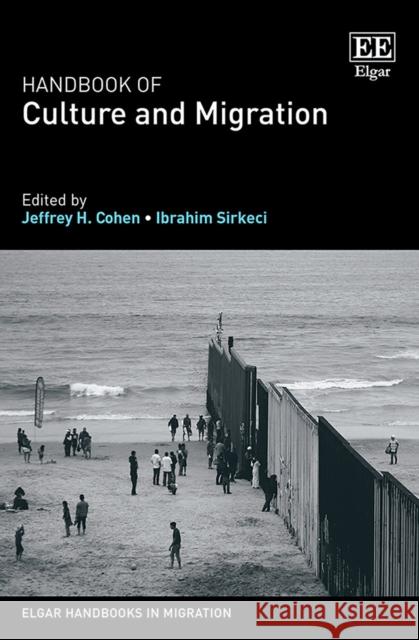Handbook of Culture and Migration » książka
Handbook of Culture and Migration
ISBN-13: 9781789903454 / Angielski / Twarda / 2021 / 480 str.
Capturing the important place and power role that culture plays in the decision-making process of migration, this Handbook looks at human movement outside of a vacuum; taking into account the impact of family relationships, access to resources, and security and insecurity at both the points of origin and destination. Utilising case studies from around the world, chapters look at migration from the perspectives of a broad range of migrants, including refugees, labour migrants, students, highly educated migrants, and documented and undocumented movers. The Handbook moves beyond an understanding of the economics of migration, looking at the importance of love, skilled movers, food and identity in migrants' lives. It analyses the assumption that migrants follow direct pathways to new destinations where they settle, recognising the dynamic ways in which movers travel, following circular routes and celebrating new opportunities. Highlighting the challenges migrants face, disputes around belonging and citizenship are explored in relation to rising nationalism and xenophobia. The insightful studies of the choices migrants make around both perceived and real needs and resources will make this Handbook a critical read for scholars and students of migration studies. It will also appeal to policy makers looking to understand the complexity of the impetus to migrant movement, and the important role that culture plays.











